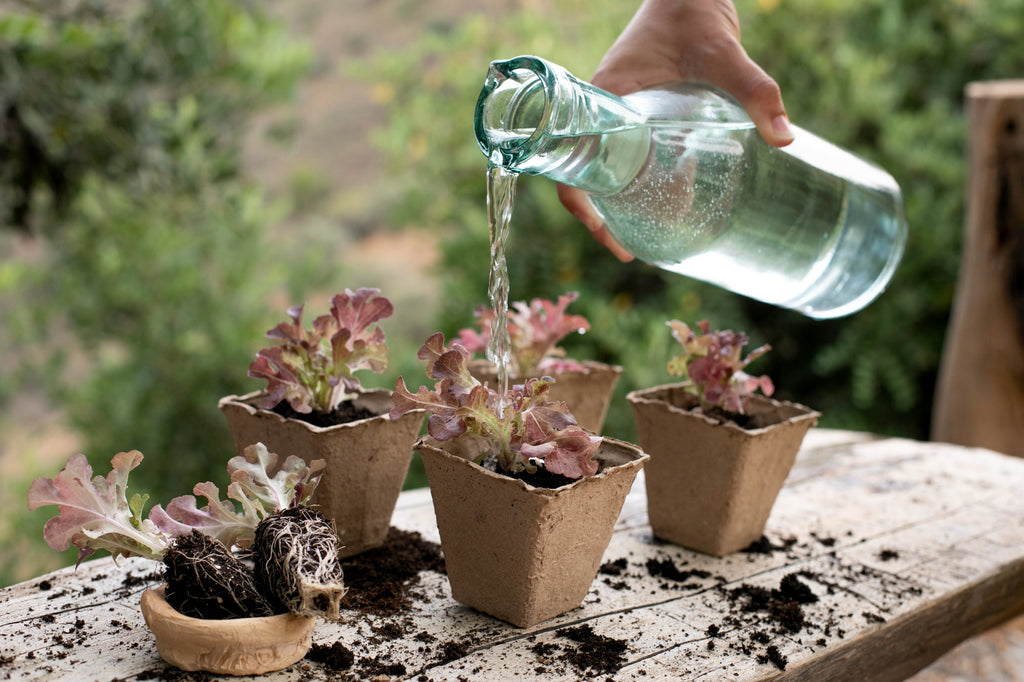0121 232 5075
0121 232 5075

Weeds can be a persistent nuisance in any garden or outdoor space, competing with desirable plants for nutrients and water. While there are many commercial weed killers available, they often contain harsh chemicals that may harm the environment, pets, and even humans.
Fortunately, there are effective homemade weed-killer solutions that you can make using common kitchen items. In this article, we'll explore several recipes for homemade weed killers and discuss their effectiveness and safety.
Before delving into homemade solutions, it's essential to understand how weed killers work. Weed killers, also known as herbicides, work by disrupting essential processes in plants, ultimately leading to their death. There are different types of weed killers, including selective and non-selective varieties. Selective weed killers target specific types of weeds, while non-selective ones kill a wide range of plants, including desirable ones.
When making homemade weed killers, it's crucial to consider their selectivity and potential impact on surrounding vegetation. Additionally, safety should be a primary concern, as some ingredients may pose risks to humans, pets, or the environment.

One of the most popular homemade weed-killer recipes involves using vinegar and dish soap. Vinegar contains acetic acid, which has desiccant properties that can kill weeds by drying them out. The addition of dish soap helps the solution adhere to the leaves of weeds, increasing its effectiveness.
Recipe:
Instructions:
Salt is another effective ingredient for killing weeds, as it dehydrates plants by drawing moisture from their cells. However, salt can also make the soil inhospitable for future plant growth, so it's essential to use this solution sparingly and avoid areas where you plan to grow desirable plants.
Recipe:
Instructions:

Perhaps the simplest homemade weed killer involves nothing more than boiling water. Pouring boiling water directly onto weeds will scald and kill them, effectively eliminating unwanted growth.
Recipe:
Instructions:
Citrus oils, such as those derived from oranges or lemons, contain natural compounds that can help kill weeds. These oils are effective at breaking down the waxy coating on weed leaves, leading to dehydration and eventual death.
Recipe:
Instructions:

While homemade weed killers can be effective, they may not be as potent as commercial alternatives. Additionally, their selectivity can vary, with some solutions affecting a broader range of plants than others. When using homemade weed killers, it's essential to consider the following safety considerations:
Homemade weed killers offer an eco-friendly alternative to commercial herbicides, utilising common kitchen items to control unwanted vegetation effectively. Whether using vinegar, salt, boiling water, or citrus oil, homemade solutions can help keep your garden free of weeds without resorting to harsh chemicals. However, it's essential to consider their selectivity and potential impact on the environment, pets, and surrounding vegetation. With proper precautions and application techniques, homemade weed killers can be a safe and effective option for maintaining a healthy garden.
By adopting these homemade weed killer recipes and safety guidelines, you can take proactive steps towards weed control while minimising harm to the environment and surrounding vegetation. With a little effort and creativity, you can enjoy a weed-free garden using simple ingredients found in your kitchen.